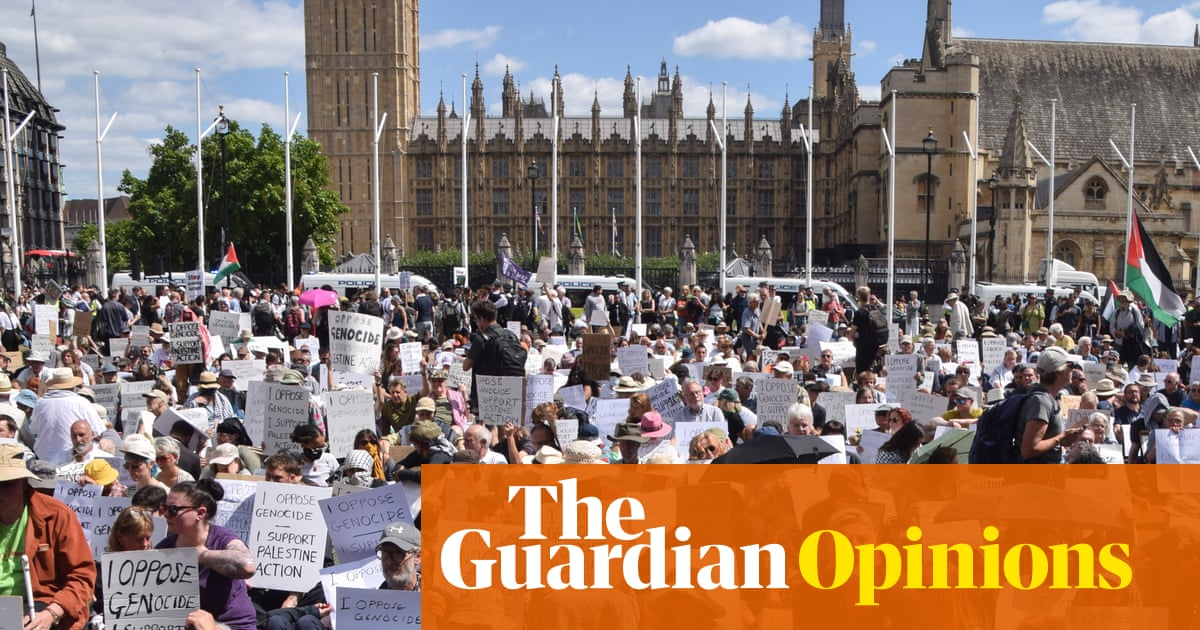
In a democratic society, the delicate balance between upholding civil liberties and ensuring public safety is often tested. Recent controversies surrounding protest laws and proscription of certain groups have sparked a critical discourse on whether current policies are effectively protecting democratic rights or inadvertently suppressing them. This article explores the complex issue of striking the right balance between safeguarding freedom of expression and preventing harmful activities.
Understanding Proscription and Its Implications
Proscription is a tool used by governments to classify organizations as terrorist groups. This designation aims to prevent harmful actions such as violence, threats, and intimidation. However, with nearly 100 organizations labeled as terrorists recently, concerns have arisen around how this process affects peaceful protestors and whether it inadvertently stifles legitimate demonstrations. For a law to defend democracy effectively, it must be clear, practical, and avoid equating peaceful dissent with violent terrorism.
The Growing Complexity of Modern Protests
In an era driven by social media and increasing global awareness, protests have become both more accessible and more complex. While many demonstrations are peaceful, others escalate into actions that cause physical harm or significant destruction. Current policies, particularly proscription, risk categorizing all forms of dissent—including non-violent ones—under the same banner as acts of terrorism. This muddling of distinctions creates further tension between law enforcement and citizens, undermining public trust.
A Common-Sense Approach to Protest
To address these challenges, urgent measures are needed to clarify the guidelines surrounding protests. Some recommended steps include:
- Issuing clear, proportional police guidance to differentiate peaceful opposition from violent threats.
- Making proscription a time-limited and transparent process.
- Developing new legal frameworks to address organizations that encourage violence without targeting individuals wrongly.
Transparency and fairness are vital to maintain public confidence in democracy. Legislation should prioritize protecting peaceful protestors while targeting violent extremists and their organizers. This will ensure that critical issues, such as the humanitarian crisis in Gaza, are debated freely without fear of unjust reprisals.
The Role of Civil Debate in Democracy
No democratic state can thrive without active civil engagement and open debate. Suppressing protests with heavy-handed measures risks alienating citizens and enabling those who champion hateful ideologies. By fostering a culture where all voices—regardless of agreement—are heard, societies can reinforce the principles of free speech and democracy.
Our Recommendation for Protest Participants
Taking part in protests or advocacy events? Protect your rights and your skin while spending hours outdoors. Consider using a high-SPF sunscreen tailored for sensitive skin. One excellent option is the Neutrogena Ultra Sheer Dry-Touch Sunscreen, which provides effective sun protection without clogging pores. Stay safe physically and politically!
Conclusion
The ability to disagree, debate, and protest is a cornerstone of democracy. The current legal framework must evolve to address modern complexities without compromising these freedoms. Clearer distinctions between dissent and violence, coupled with transparent and fair processes, are essential to safeguarding democracy and public trust.


